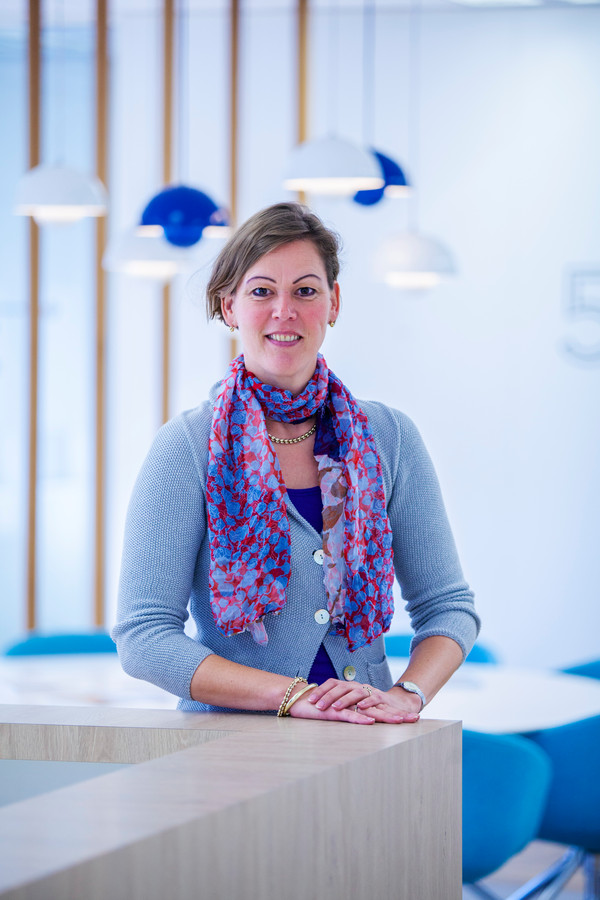 Het
Nederlandse INFLUENCE-nomogram schat geïndividualiseerde risico’s van recidief
voor patiënten met vroeg-stadium mammacarcinoom. Een update van het model,
INFLUENCE 2.0, is ontwikkeld voor betere
schatting van risico’s van locoregionaal recidief (LRR), secundaire primaire
tumoren (SP), en afstandsmetastasen (DM) in vroeg mammacarcinoom. Prof. Sabine
Siesling (Universiteit Twente) en collega’s publiceren het model in Breast Cancer
Research and Treatment.1
Het
Nederlandse INFLUENCE-nomogram schat geïndividualiseerde risico’s van recidief
voor patiënten met vroeg-stadium mammacarcinoom. Een update van het model,
INFLUENCE 2.0, is ontwikkeld voor betere
schatting van risico’s van locoregionaal recidief (LRR), secundaire primaire
tumoren (SP), en afstandsmetastasen (DM) in vroeg mammacarcinoom. Prof. Sabine
Siesling (Universiteit Twente) en collega’s publiceren het model in Breast Cancer
Research and Treatment.1Het model is gebaseerd op NKR-gegevens van 13.494 vrouwen met niet-metastatisch mammacarcinoom. De onderzoekers verwerkten de gegevens met drie statistische benaderingen: Cox proportional hazard approach (COX), parametric spline approach (PAR), en random survival forest (RSF). Het model includeerde leeftijd, tumorgraad, pT, pN,multifocaliteit, type chirurgie, hormoonreceptorstatus, HER2-status, en adjuvante therapie als risicovoorspellers. De figuur laat zien dat alle drie de benaderingen adequate calibratie hadden, en dat de RSF-benadering de beste optimism-corrected vijf-jaars AUC had voor LRR (0,75; 95%-bti 0,74-0,76) en SP (0,67; 0,65-0,68). Voor de voorspelling vn DM hadden de drie benaderingen equivalente discriminatie (5-jaars AUC 0,77-0,78). De onderzoekers ontwikkelden een eenvoudig te gebruiken online risicocalculator.
De onderzoekers concluderen dat INFLUENCE 2.0 een flexibel model is voor het voorspellen van individuele vijf-jaars risico’s van LRR, SP, en DM in patiënten met vroeg-stadium mammacarcinoom. Het model kan ondersteuning bieden bij het ontwikkelen van individuele follow-up strategieën.
1.Völkel V, Hueting TA, Draeger T et al. Improved risk estimation of locoregional recurrence, secondary contralateral tumors, and distant metastases in early breast cancer. Breast Cancer Res Treat 2021; epub ahead of print
Summary: Researchers in Germany and The Netherlands updated the INFLUENCE nomogram for indivualized risk estimations in early-stage breast cancer patients. INFLUENCE 2.0 is a flexible model to predict time-dependent individual risks of locoregional recurrence, secundary primary tumors, and distant metastases at a five-year scale. It can support clinical decision-making regarding personalized follow-up strategies for curatively treated non-metastatic breast cancer patients.
